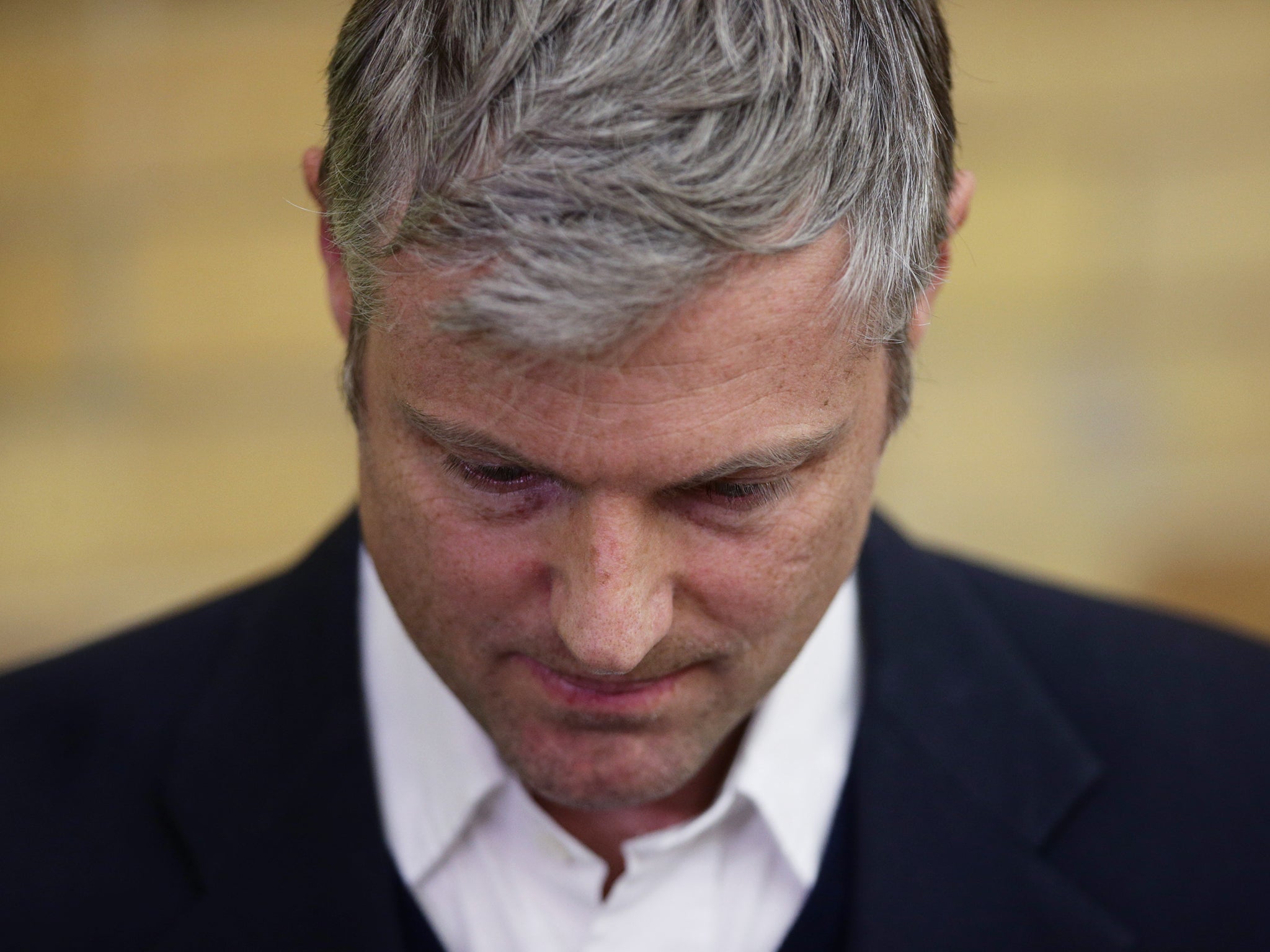The Independent's journalism is supported by our readers. When you purchase through links on our site, we may earn commission.
The Top 10: People Who Lost Two Elections in a Year
From Arthur Balfour and Ted Heath to Zac Goldsmith and Norbert Hofer


Paul Hunter suggested this list after the by-election in Richmond Park.
1. Zac Goldsmith. Stood as Conservative candidate for London mayor but lost to Sadiq Khan on 5 May. In October he resigned as an MP and fought a by-election in protest at the Government’s decision to go ahead with a third runway at Heathrow airport, losing to Sarah Olney, Liberal Democrat, on 1 December.
2. Norbert Hofer was added to the list by Adrian McMenamin three days after Goldsmith’s second defeat. The neo-Nazi lost the Austrian presidential election run-off in May to Alexander Van der Bellen, the Green candidate, by 0.6 per cent. Hofer complained of irregularities, but lost the rerun run-off by 7.6 per cent.
The rerun itself was postponed in September because of faulty glue on the voting envelopes, producing the Austrian word of the year, Bundesprasidentenstichwahlwiederholungsverschiebung, “postponement of the presidential run-off”.
3. Edward Heath. Fought and lost two general elections as leader of the Conservative Party in February and October 1974. Nominated by Paul T Horgan and Jonathan Isaby. Although Heath didn’t lose his seat, hundreds of candidates must have contested and lost both elections.
4. Gerry Malone, Conservative minister who lost his seat, Winchester, by two votes in 1997 to Mark Oaten, a Liberal Democrat, and who forced a rerun election in November, which he lost by 22,000 votes. (Thanks to Jonathan Isaby.)
5. Deirdre Wood was Labour candidate in the Greenwich by-election of February 1987, which she lost to Rosie Barnes of the Social Democratic Party. She lost again in the general election four months later, as Oliver Kamm reminded me.
6. Les Byrom similarly lost a by-election before losing again in a general election the same year, for the Conservatives in Wirral South in 1997. Put up by Baldmike.
7. Harold Smith lost in 12 constituencies simultaneously in the October 1974 general election. Jo Green asked if this was a record. The leader of Smith’s party, the Campaign for a More Prosperous Britain, Tom Keen, stood and lost in 11 seats in the same election.
8. Rainbow George Weiss stood unsuccessfully in 13 London seats for the Vote for Yourself Rainbow Dream Ticket Party in the 2005 general election. Mr Memory thinks that his is the record, and said that it was possible to stand in more than one constituency – and quite common in the 19th century – until the Electoral Administration Act 2006.
9. Arthur Balfour not only lost two general elections as Conservative (Unionist) leader in 1910 (by two seats and one seat respectively, and winning more votes both times), but he also lost the previous election and his Manchester East seat in 1906 (he was returned in a by-election for the City of London a month later). Will Cooling offered the most striking example from an earlier age.
10. John Bickley for Ukip achieved double defeats in successive years, losing the Wythenshawe and Sale East by-election in February 2014 and the Heywood and Middleton by-election in October 2014, followed by losing Heywood and Middleton again in the general election in May 2015 and Oldham West and Royton in a by-election in December 2015. Thanks again to Mr Memory.
I kept it to elections lost in the same calendar year, which ruled out Patrick Gordon Walker, who lost his seat, Smethwick, in the general election in October 1964, was appointed Foreign Secretary by Harold Wilson anyway and then failed to get back into the Commons in a by-election in Leyton in January 1965, after which he resigned. He was finally elected for Leyton in the 1966 general election, and returned to the Cabinet, latterly as Education Secretary, but for only two years.
Next week: Adjectives that come after the noun (in English), such as president-elect
Coming soon: Demonstrably inaccurate book titles, such as Krakatoa, East Of Java (it is to the west), which is also the title of the film
It may still be possible to buy the hardback of Listellany: A Miscellany of Very British Top Tens, From Politics to Pop, in time for Christmas. The e-book is now just £2.79. Your suggestions, and ideas for future Top 10s, in the comments please, or to me on Twitter, or by email to top10@independent.co.uk
Join our commenting forum
Join thought-provoking conversations, follow other Independent readers and see their replies
Comments
Bookmark popover
Removed from bookmarks